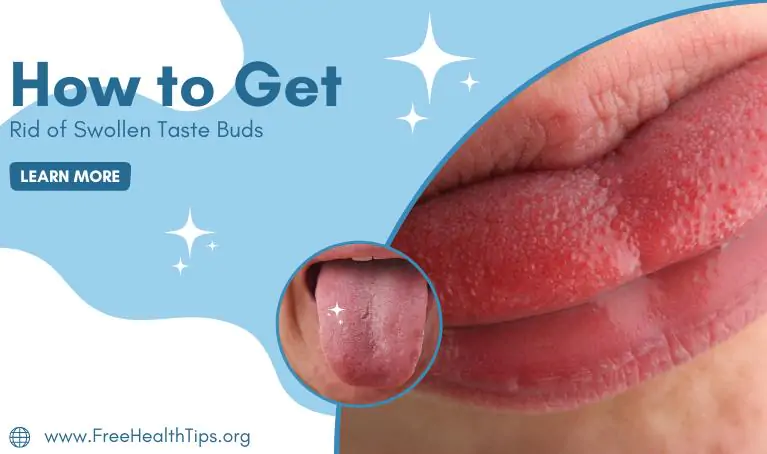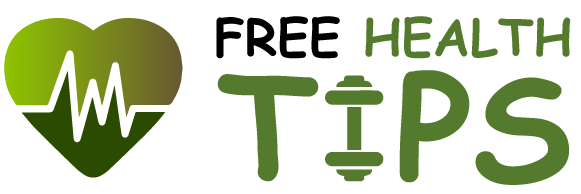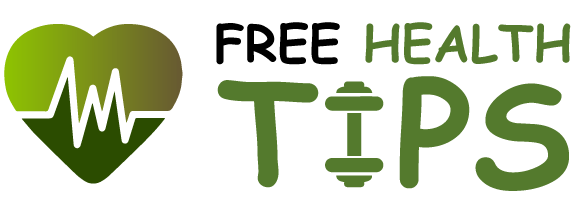Life would be miserably bland without the sensation of taste. Imagine ordering an XL pizza from the best-reviewed pizza chain in town and it tastes like nothing. But thanks to our taste buds; we don’t have to go through that pain.
There happen to be thousands of sensory cells on the tongue that form taste buds. Taste buds are also present on the palate and the pharynx and the upper esophagus. The receptors send signals to the brain about a particular type of food and the brain then perceives it as sweet, salty sour, or bitter.
The taste buds can get inflamed due to several external or internal factors. These swollen taste buds not only hinder taste sensations but can also cause pain making food intake difficult. Fortunately, most of the time swollen taste buds heal on their own or with simple natural remedies. If the swelling and pain persist, it’s a good idea to see your physician and get a complete examination done.

What Are the Symptoms of Swollen Taste Buds
- Inability to detect taste
- Color changes on the tongue: bright red or white patches
- Bumps on tongue
What Are the Underlying Causes of Swollen Taste Buds
Swollen taste buds may be idiopathic i.e., without any known cause; or may suggest an underlying health issue. We can divide the causes into extrinsic and intrinsic factors.
Extrinsic Factors That Cause Swollen Taste Buds
These include irritants that directly damage taste buds causing them to be swollen and inflamed.
Spicy Foods
The hot peppers in spicy food may damage the taste buds on the surface of the tongue.
Tobacco Smoking
The harmful chemicals in tobacco smoke like tar and nicotine are hazardous to oral health. It can affect the teeth, gums, and the taste cells.
Hot Foods
Very hot food or drink can cause burn injury to your tongue which may lead to swollen taste buds and also hamper taste sensation.
Other external causes are alcohol consumption, oral thrush, and poor oral hygiene.
Intrinsic Factors That Cause Swollen Taste Buds
Sometimes swollen taste buds may be a symptom of another health issue. These may include
Depression
Both stress and clinical depression are important factors to consider while looking for the cause behind your swollen taste buds.
Also Read: 20 Things for Bad Mental Health Days to Help You Survive and Get Through It
Poor Gut Health
Poor gut health e.g. IBS, gut dysbiosis, or indigestion may manifest as inflammation and swelling on the tongue. Ulcers may also form on the tongue.
Autoimmune Condition
Some autoimmune conditions like lupus may damage the papillae (sensory endings) on your tongue.
Acid Reflux
Acid travels from the stomach to the oral cavity and can damage the protective epithelium that covers your tongue, gums, and palate. It can even cause tooth caries.
Transient Lingual Papillitis
Transient lingual papillitis, also called lie bumps is a common but harmless condition in which the papillae on the tongue develop an inflammation. Red or white raised patches can be seen on the tongue. Lie bumps are often painful. It resolves on its own within a few days, as the name implies.
Other less common but important causes of swollen taste buds are oral cancer, vitamin deficiencies, and bacterial or viral infection.
Therefore, it is important to pay attention to your diet and lifestyle. It is advised to take into account any other symptoms that you have noticed and talk to your physician about them.
How to Treat Swollen Taste Buds at Home
It is fairly simple to get rid of the swollen tongue once you have an idea of what caused the swelling.
Symptomatic Relief
Use ice to get rid of any pain and inflammation. Sucking on an ice cube or even an icicle would soothe the tongue.
Saline water gargles are also an effective remedy. Take warm salt water and rinse your mouth with it. The salt will act as an antiseptic and this will heal your tongue faster.
Preventive Measures
Undoubtedly, prevention is better than cure. To prevent swollen taste buds from recurring it is important to make some lifestyle adjustments.
Avoid hot and spicy food and beverages. Spicy foods might tantalize your taste buds, but in the longer run spicy food not only damages your tongue forming ulcers but also might destroy your gut lining. So do not pick up that 10x hot ramen on your net grocery run!
If you frequently experience acid reflux; avoid excessive intake of caffeine. Avoid lying down soon after eating. Finally, eat fiber-rich foods. If the symptoms persist, you can take antacids and PPIs.after consulting your physician.
Don’t be lazy: pay attention to your oral hygiene. The usual advice is to brush your teeth twice a day and floss
regularly. Additionally, you can add antibacterial mouthwash to your routine.
If your taste buds swell up due to a certain food; you are probably allergic. Avoid the triggering food(s).
For someone who suffers frequently from swollen tongue; it is advised to quit smoking and alcohol consumption. The two evils not only destroy your oral and gut health but are also a threat to your mental well-being.
When to Be Concerned
According to Cleveland Clinic USA, if the symptoms do not subside within 2 weeks you should go see a doctor.
Some concerning symptoms are
- Increase in size of swelling
- Increased pain
- Inability to open mouth
- Bleeding
These symptoms can be completely benign or rarely, be a sign of a major health issue. In any case, seek a proper medical exam from your physician to reach a diagnosis.
What to Expect During an Oral Medical Examination
Your doctor will examine your oral cavity with the help of a torch light. He will notice your oral hygiene and general health. He may check the fever to rule out an infection. Sometimes bimanual palpation is also performed during an oral checkup: where the doctor will palpate the swelling with gloved fingers. In a nutshell, swollen taste buds resolve spontaneously in a matter of a few days. Natural and home-based remedies provide relief. But if you don’t feel better even after a few weeks, book an appointment with your doctor.
You may also like:


